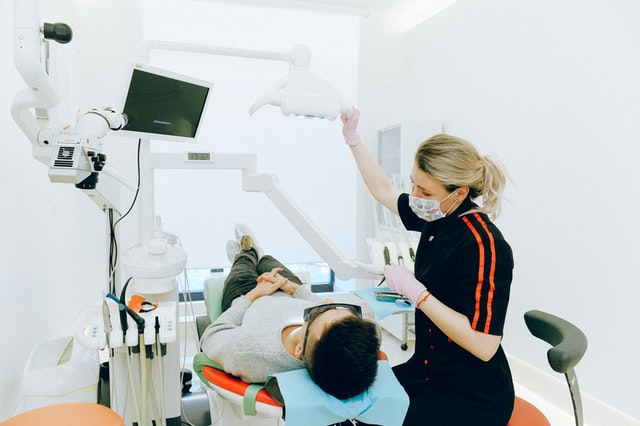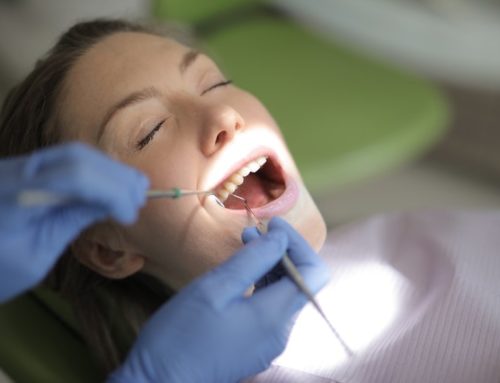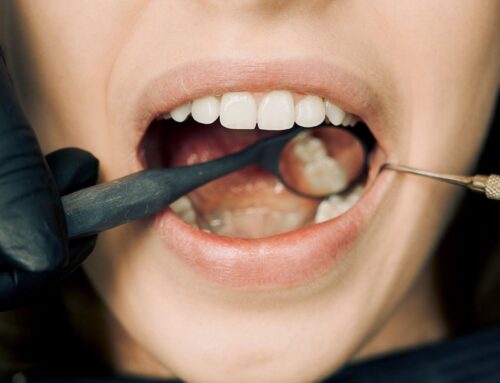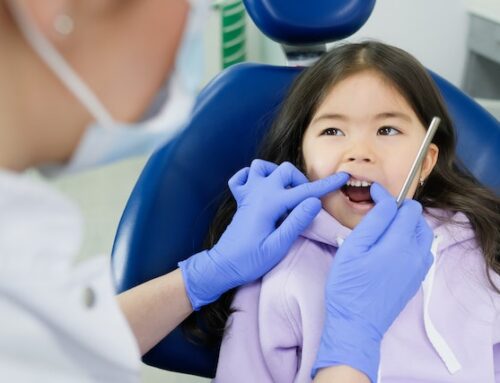 If you have a broken or severely damaged tooth that cannot be restored, you may require tooth extraction. You might also want to consider extraction if there is not enough space in your mouth for your wisdom teeth to fully emerge.
If you have a broken or severely damaged tooth that cannot be restored, you may require tooth extraction. You might also want to consider extraction if there is not enough space in your mouth for your wisdom teeth to fully emerge.
When doing a simple extraction, an anesthetic is usually applied to the gum around the tooth. The dentist will then use an instrument known as an elevator to loosen the tooth and then dental forceps to remove it.
For a tooth that is difficult to remove, such as a wisdom tooth, a surgical extraction may be required. During a surgical extraction, your dentist can either numb the area surrounding the tooth or use general anesthesia for the procedure. They will then make a small incision in the gum tissue to access the tooth. In some instances, the dentist must also remove bone or cut the tooth into pieces to make it easier to remove.
A dental extraction can be over and done in an hour or so, but healing will take longer. What you do after the extraction is critical. Simple post-extraction dental care tips can go a long way in the healing process.
What to do post-extraction
- Bite gently but firmly on the gauze placed over the extraction. This will help to prevent bleeding. Change the gauze if it becomes soaked with blood within 3 to 4 hours after your extraction.
- Take any medication prescribed by the dentist.
- Place an icepack on the affected area at 10 to 15-minute intervals for an hour.
- Rest for the next day or two, even if you do not think you need to.
- Use a pillow to elevate your head when lying down to prevent excess bleeding.
- Eat only soft foods like soup, yogurt, or food of similar texture.
- Brush your teeth and floss as usual. Simply take extra care to avoid the extraction area.
What not to do after an extraction
- Do not spit, rinse or drink from a straw within 24 hours of tooth extraction. Doing so can dislodge the clot that has been formed in the socket and extend your healing period. After 24 hours, you can gently rinse with a solution of salt and warm water.
- Do not smoke
When to see your dentist
Following an extraction, it is normal to experience some pain and discomfort. However, if you have severe pain several days after extraction or pain does not improve after taking medication, you should immediately contact your dentist or an emergency dentist. Also, seek immediate care if you have stitches that come loose, new or increased bleeding or signs of an infection, like continued swelling past the first 3 days, a bad taste in your mouth, pus draining from the area, or fever.
Need a dentist in Surrey?
If you need an extraction or emergency dental care following an extraction, contact us at Newton Village Dental Clinic. Our team consists of highly trained dental professionals who are committed to preserving your oral health.
Call us today to schedule an appointment.




